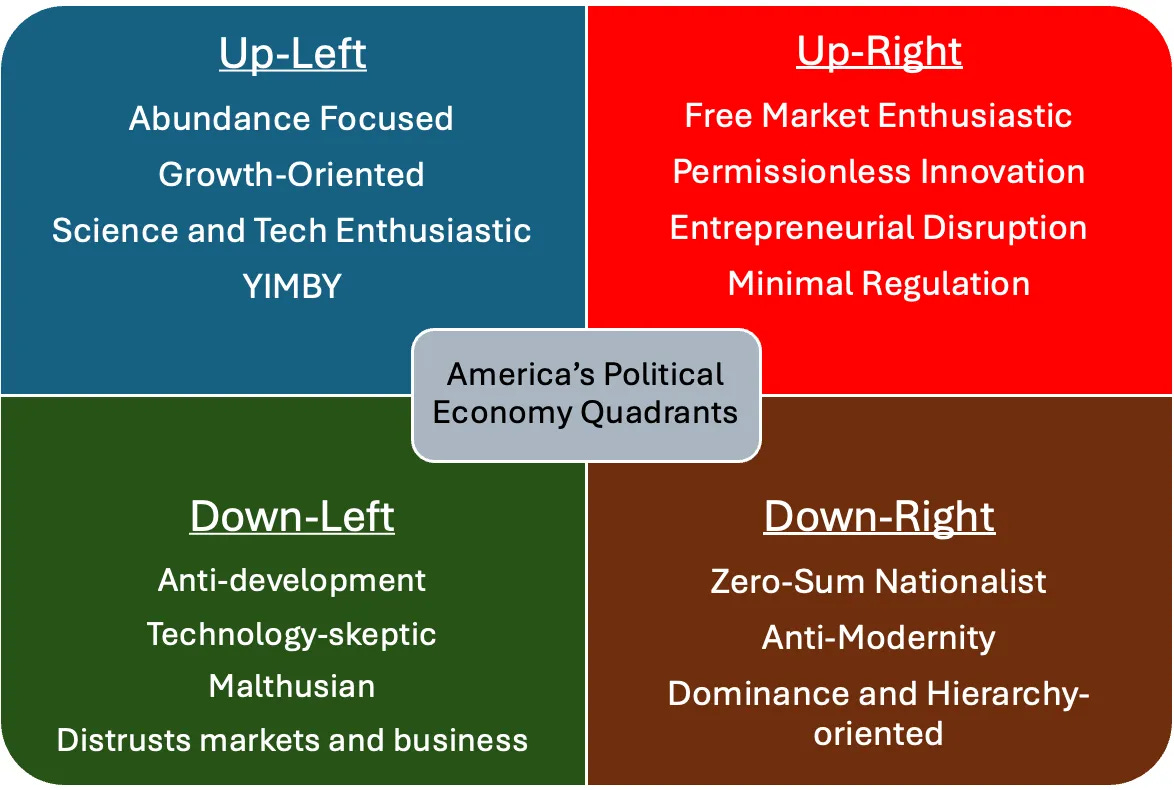City of Yes, And… #3
Abundance Politics, Texas’s Housing Shortage, and San Francisco’s Recovery
Happy St. Patrick’s Day to all who celebrate! ☘️ This is the “City of Yes, And…,” an occasional newsletter for paid subscribers that features interesting things that are worth your time but not necessarily a full-length essay. If you’d like to support my work, the best way is to upgrade to a paid subscription. Thank you for reading!
This week’s edition includes:
Quick Hits: Austin Opts Not to Impose Historic Zoning
Hot Takes: Abundance Politics on the Up & Up
Outtakes: Why Does Texas Have a Housing Shortage?
Good Takes: San Francisco—The City That Ships?
Quick Hits
Last month, I wrote about my opposition to a historic zoning case here in Austin. At their last meeting, Austin City Council opted not to impose the historic designation against the property owner’s will, which was the right call—though with five votes for the zoning and six against, it was a close one!
Hot Takes: Abundance Politics on the Up & Up
Gary Winslett at The Rebuild has a great review of the forthcoming book by Ezra Klein and Derek Thompson, Abundance, which I’m very much looking forward to reading. Klein and Thompson make the case for “Up-Left” progressive politics, one that
sees growth, science, technology, and international cooperation as their delivery vehicles. It rejects scarcity thinking and argues that technological progress and building things are essential for achieving social progress—we can innovate rather than ration our way to sustainability, equality, and freedom.
Up-Left progressivism is a refutation of the “Down-Left” anti-development left-wing politics that “prioritizes equity, localism, conservation, community, and distribution over growth,” a worldview that has overtaken the Democratic Party. The so-called “Abundance Faction” is a rising movement working to make Up-Left politics the dominant strain within the party. Gary includes a helpful matrix that shows how “Up” and “Down” politics manifest on both the left and right.
On the political right, the “Up-Right” is where you might find “state capacity libertarians” and some progress studies folks. The “Down-Right,” on the other hand, mirrors the anti-growth left’s scarcity mindset with a zero-sum nationalist bent, a quadrant occupied, I’d argue, by the MAGA movement. MAGA’s penchant for tariffs is an example of scarcity thinking—they’re economically ruinous and down-right dumb.
What I don’t see mirrored on the right is the same tension between the Up and Down wings that exists on the left. MAGA dominates the Republican Party, which has left many Up-Rightists—especially those who have more liberal views on things like immigration and gay rights—politically homeless. Elsewhere, I’ve mused that there’s an opportunity for the Democrats to capture these folks, ditch the Down-Leftists, and build a broader coalition of basically Up-Wing voters. That may be pie-in-the-sky thinking, but it would realign our politics around a worldview that believes we can expand the pie versus one that sees the pie as fixed.
Longer term, I think our politics would be a lot healthier—and our country a lot better—if we had two parties that were both committed to optimism, growth, and liberty. The national tension would not be a fruitless, zero-sum culture war about racial or gender politics, but about the best way to achieve abundance and prosperity for all. I think that line where the Up-Left and the Up-Right meet, where the good government folks on the left negotiate with the limited government folks on the right, is the place where we get the best long-term outcomes for America. Two anti-growth parties would be a disaster.
I’m curious what others think, though, especially those who have attachments to either political party.





